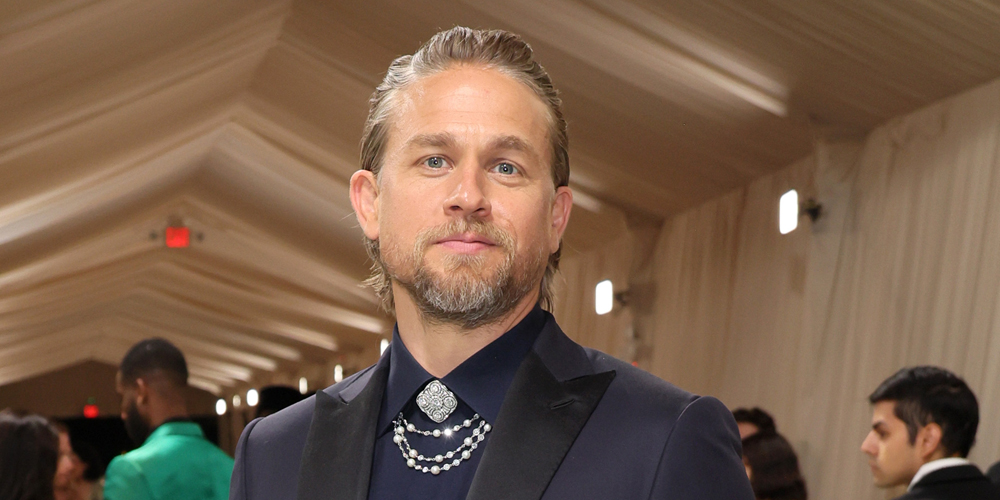ARTICLE AD
Despite all that ails Warner Bros. Discovery, board member and big investor John Malone sees plenty of upside for the media giant thanks to its “bulletproof” balance sheet, international potential and “energetic” CEO David Zaslav.
Malone offered his views of WBD, Charter Communications, Liberty Global and other holdings in a rare and wide-ranging conversation with Wall Street analyst Craig Moffett.
The comments came as WBD’s board just added Malone’s nephew David Sanchez to its board of directors, and as two of Malone’s other major holdings, Liberty Broadband, and Charter Communications, appear to be in merger talks. Charter said it’s made a counter-offer to an initial bid by Liberty to consolidate the two cable companies at a complicated time for linear media.
The MoffettNathanson partner relayed Malone’s thoughts on WBD in a research note Wednesday morning. The billionaire’s stance on the company’s struggles has been an ongoing subject of speculation in media circles and especially inside the company.
After spearheading the 2022 merger of WarnerMedia and Discovery, Malone took an independent board seat. But his analysis resonates far beyond one company. The semi-reclusive mogul is probably the closest thing the media business has to an oracle. (His Ph.D in operations research from Johns Hopkins prompts many people to call him “Dr. Malone,” and Moffett titled his report, “A Visit With the Doctor.”)
Malone said WBD’s balance sheet is “bulletproof” due to deep-pocketed backers like himself through Liberty Media. “It’s investment grade,” Moffett quoted the billionaire as saying of WBD. “They’re not going to run out of cash anytime soon. So they don’t have to do anything while they sit and watch this consolidation in the industry move forward.”
No one should “rush to judgement regarding WBD’s trajectory,” Moffett wrote, summing up Malone’s overall sentiment. “They probably have the best studio and the best library in the industry, in [Malone’s] view.” The mogul added they’ve got “the most energetic CEO, certainly more energetic than anybody I’ve ever met.”
Wall Street initially applauded the deal and Zaslav’s efforts but opinion started to turn as the stock languished and WBD took a massive write-down of its linear television assets last quarter. Early renewal of a carriage deal with Charter this month was considered a good sign,
International holds the key for WBD’s future, Malone argued, noting that while Netflix is perhaps 70% international now, WBD is probably more like 10% to 15%. “They’ve got a long way to go in terms of
monetizing international and they’ve got great creative talent,” Malone said. By contrast, Paramount Global and Disney have “stalled out internationally and ‘can’t get any growth,'” Malone told Moffett.
Growing beyond the U.S. is an advantage, Malone said, because “you can’t monetize your own distribution if you don’t have scale. So then you go back to being an arms merchant. And you know, I mean, there’s a good business in being an arms merchant, but it’s not big enough to meet the ambitions of the management.”
While he gave an affirmative view of WBD, he did offer his take that streaming is a “terrible” business. He also noted the increasing threat posed by Big Tech. “If I had my druthers, I would talk to the regulators about making network neutrality non-existent when it comes to live events,” Malone said (in what Moffett characterized as a “quip.”) “I would take that tool away from big tech, because talk about a giveaway. If you give big tech the opportunity for free access to stream on the Internet live events of massive demand. who’s going to be able to outbid them for sports content?”
Unless traditional media players can separate themselves from the cost of sports, “it’s not going to be that easy to resurrect, in his opinion, an affordable retail offering long-term,” Moffett wrote.
Spiraling prices for sports rights (to wit, Amazon’s NBA bid, which elbowed out WBD) are “forcing the broadcasters to pay a lot more than they really can afford,” Malone continued, per Moffett. “The profitability of the broadcast industry is under a big squeeze, and of course, then retrans is going to try and force the cable bundler to pay more and that will just drive an overpriced package more overpriced,” Moffett wrote. “’Somehow, you have to break out of that. I’m not sure what the catalyst is that will ultimately cause that to change,'” Moffett quoted Malone as saying.
Those factors mean that, barring any changes, “big tech will end up eating everything – our industry and every other one – simply because they have such immense scale, immense economic power. Anything they want to get into, they’re going to be very hard to keep out of, because they can buy their way in. The old world used to be you can’t take over another guy’s business by cross-subsidy. That seems to be totally forgotten.”
Jill Goldsmith contributed to this report

.png) 2 months ago
19
2 months ago
19 

